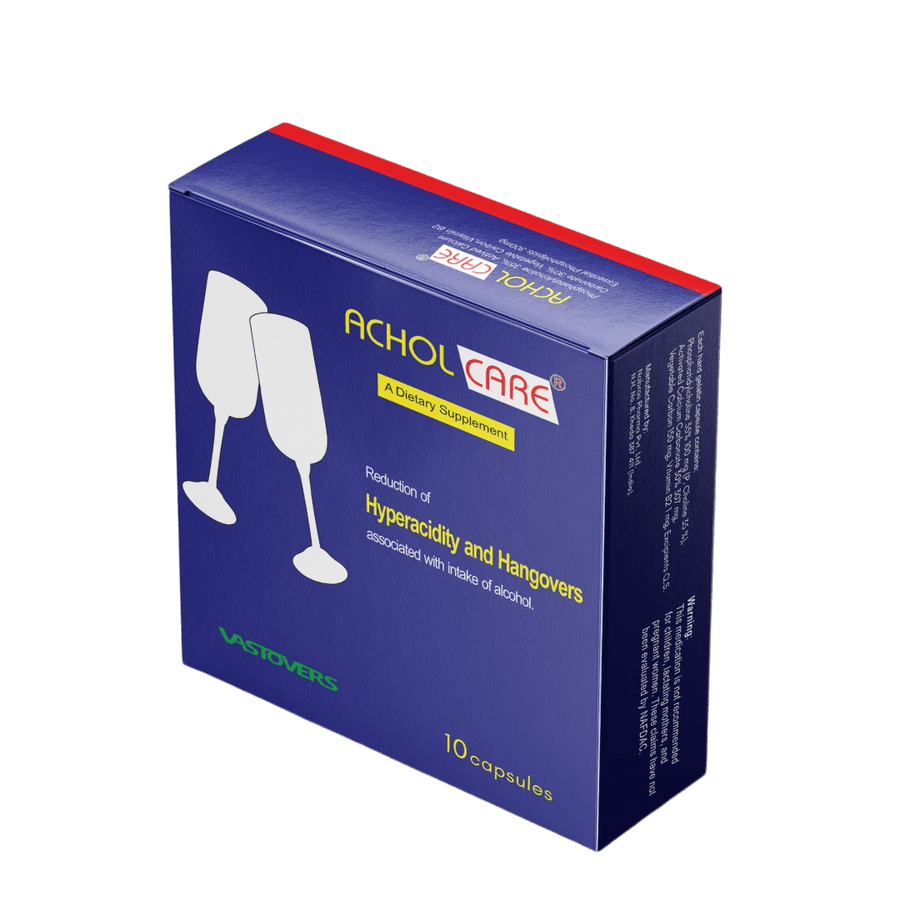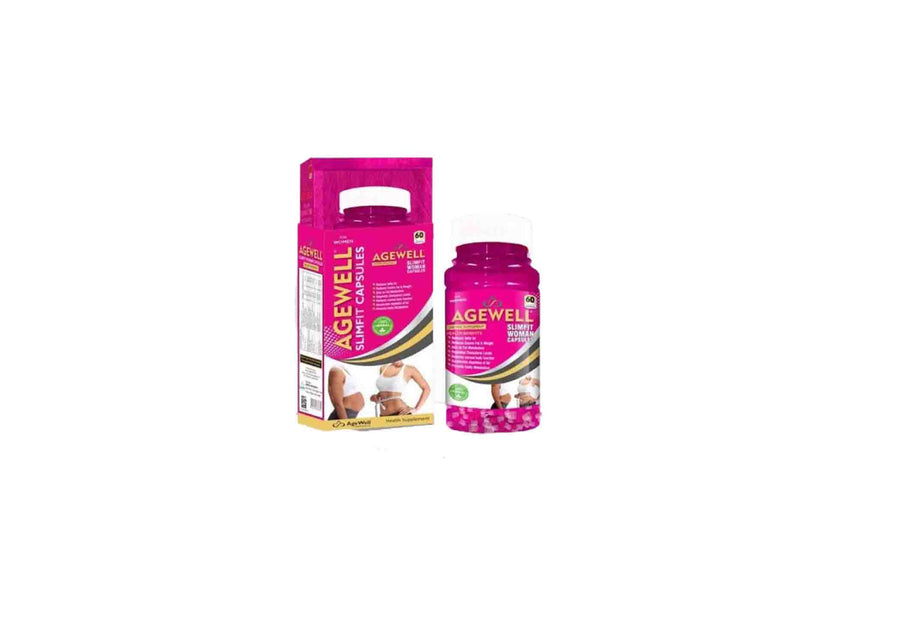What it is:
A spice made by grinding dried inner bark of cinnamon trees, commonly from the Cinnamomum verum (true cinnamon) or Cinnamomum cassia species.
Key Uses:
-
Culinary: Adds warm, sweet, and slightly spicy flavor to baked goods, drinks (like tea, coffee), curries, and desserts.
-
Medicinal: Traditionally used for digestive health, blood sugar regulation, and anti-inflammatory effects.
-
Aromatic: Used in potpourri, candles, and natural remedies.
Health Benefits:
-
Contains antioxidants that protect cells from damage.
-
May help lower blood sugar in type 2 diabetes.
-
Has anti-inflammatory and antimicrobial properties.
-
Supports heart health by improving cholesterol levels.
How to Use:
-
Sprinkle on oatmeal, yogurt, or smoothies.
-
Add to baked recipes like cakes, cookies, and bread.
-
Brew in hot water for cinnamon tea.
-
Use sparingly, as strong flavor can overpower dishes.
Precautions:
-
Use in moderation—high amounts of cassia cinnamon contain coumarin, which can affect liver health.
-
Pregnant women and people on blood thinners should consult a doctor before using large quantities.









